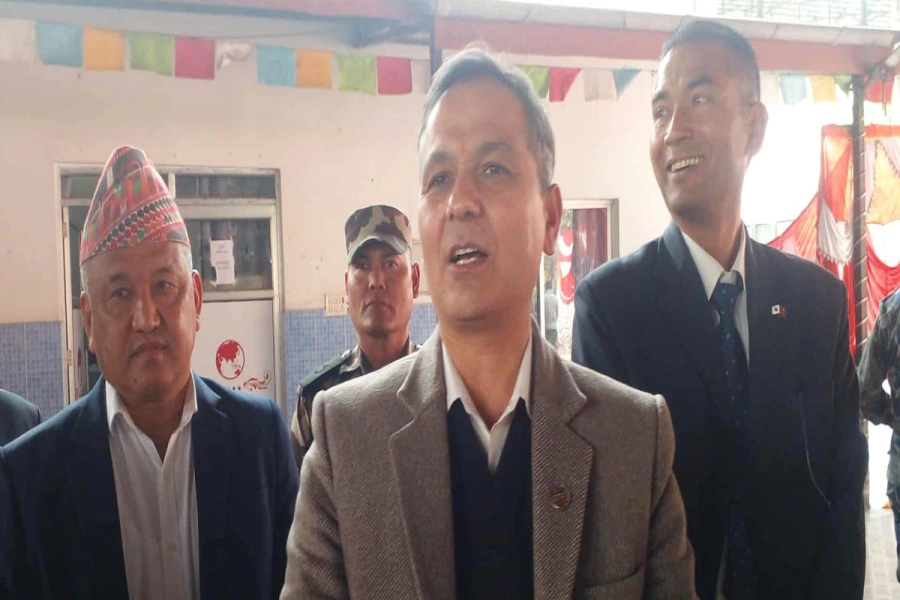KATHMANDU, May 16: India has agreed to revise discriminatory regulations on power trading between Nepal and India and allow free flow of electricity in the spirit of the Power Trade Agreement signed between the two countries in 2014.
The provision in the Guidelines on Cross Border Trade of Electricity issued by India in December 2016 had the discriminatory provision that permitted the participation of only Indian investors having a 51 percent stake. The bilateral talks during the recent visit of Indian Prime Minister Narendra Modi agreed to the amendment.
Struggle is on against discriminatory constitution: Raut tells...

The joint statement issued at the end of the visit on Saturday reads, “They (Nepal and India) have agreed to enhance bilateral cooperation in power sector in line with bilateral Power Trade Agreement.”
“This decision means that the Indian side has agreed to omit discriminatory provisions in the guidelines,” said Prabal Adhikari, spokesperson and chief of the Power Trade Department at Nepal Electricity Authority.
A joint steering committee (JSC), a bilateral entity led by the secretaries of power, had agreed in New Delhi last month to revise the guidelines. The joint statement also says that the two prime ministers welcomed the outcome of the 5th JSC meeting on cooperation in the power sector held on April 17, 2018.
After the issuance of the guidelines by the government of India, Nepal’s private sector and academia had described them as a trap for not allowing the free flow of electricity. The government of Nepal last year forwarded its comments on the guidelines and asked for amendments. “We hope India will implement this,” said Adhikari, who was also a participant of the 5th JSC meeting.
Many academics had criticized the guidelines, saying they protected Indian investments and trading companies having a majority stake. Academics also said the provision was aimed at creating Indian control and discouraging other investments in Nepal’s hydro-power sector, which desperately needs the free flow of energy .




































